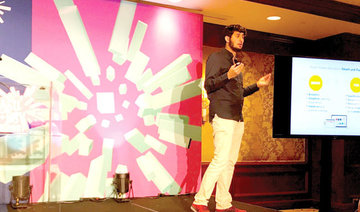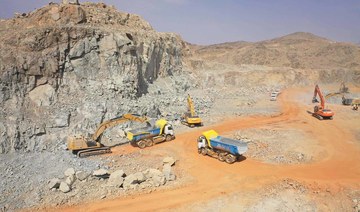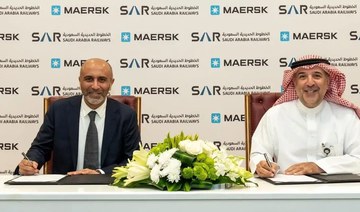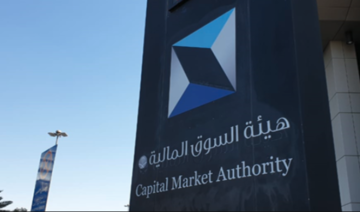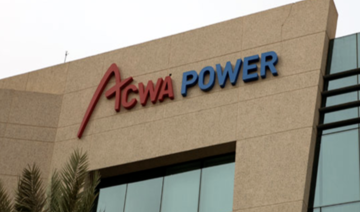JEDDAH: Saudi Arabia will allow foreign investors to take 100 percent ownership of companies in its health and education sectors, the head of the kingdom’s investment authority told Reuters.
It is the latest move by the country to gradually ease ownership restrictions on foreign firms, which have previously been required to set up a joint venture with a local partner.
“We are opening up education centers to have ownership 100 percent, all types of education even from primary school. This is something new for Saudi,” Ibrahim Al-Omar, governor of the Saudi Arabian General Investment Authority (SAGIA), said.
In the health sector, the ministry will “just be a regulator and not a service provider anymore,” said Omar. This will open up $180 billion of investment opportunities in that sector over the next five years, he said.
He did not say when the relaxation on foreign ownership would come into effect.
The Saudi government, seeking to diversify the economy beyond oil exports amid a slump in oil prices, told Reuters in April that it was launching a privatization program that would raise more than $200 billion.
However, it has not so far clarified foreign ownership and operating rules in many sectors. Many private equity firms and other potential foreign investors say majority or full control of projects is important to allow them to cut costs and improve efficiency.
The government is studying whether to sell off all public hospitals and 200,000 pharmacies, and has begun the process for the King Faisal Specialist Hospital, Vice Minister for Economy and Planning Mohammed Al-Tuwaijri said in April.
Meanwhile, the education ministry has hired HSBC as financial adviser for its plans to privatise construction and management of school buildings.
SAGIA’s efforts to ease ownership restrictions for foreign firms in recent years have included opening the wholesale and retail sectors in 2015. This month it announced it would allow full foreign ownership of engineering services companies.
Saudi education and health sectors to open full foreign ownership
Saudi education and health sectors to open full foreign ownership
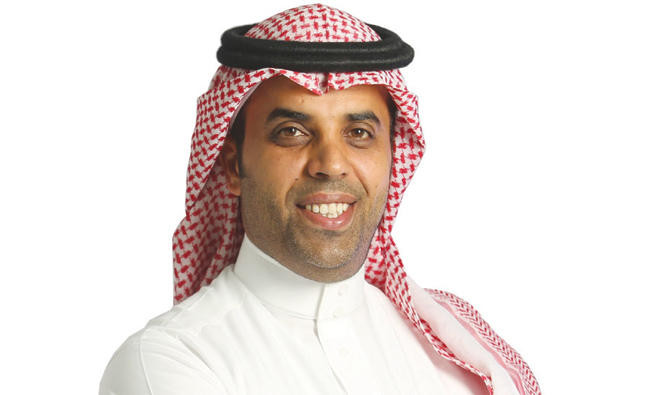
Saudi Arabia open to financing up to 75% of certain industrial projects, says minister

RIYADH: Saudi Arabia is open to providing up to 75 percent of financing for certain industrial projects, a minister has revealed in a bid to incentivize foreign investment and private sector players.
During his discussion with several Qatari investors on the sidelines of the 52nd meeting of the Gulf Cooperation Council Industrial Cooperation Committee in Doha, Bandar Alkhorayef, the Kingdom’s minister of industry and mineral resources, highlighted the vast opportunities that Saudi Arabia’s untapped mining potential provides to global investors.
According to a release on X, he reaffirmed that in addition to the incentives provided by the industrial and mineral wealth system and the multiple sources of financing, the prepared infrastructure in more than 36 industrial cities around the Kingdom offers a sum of qualitative capabilities such as the production of prefabricated factories and long-term rentals.
SAR sees 9% annual growth in cargo transported
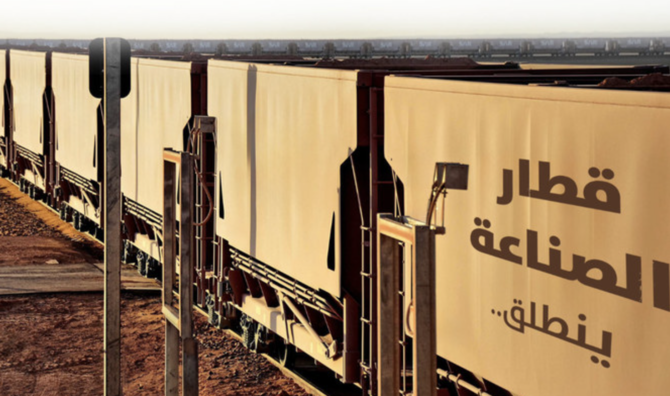
RIYADH: The volume of minerals and goods transported by Saudi Arabia Railways reached 6.34 million tonnes during the first quarter of 2024, an annual increase of 9 percent.
According to its quarterly report, SAR stated that over 2.7 million passengers utilized its services, marking a 23 percent growth compared to same period last year.
Passenger rides also increased by 3 percent, reaching a total of 8,252 trips across the East Train, North Train, and Haramain Express train networks.
Saudi financial sector expands ambitions, eyes foreign investment surge: report
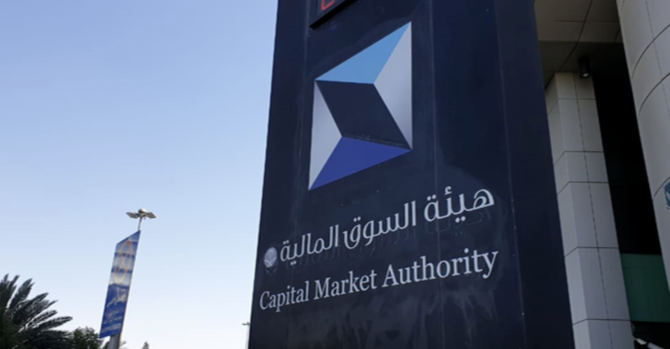
RIYADH: Saudi Arabia aims to enhance its stock exchange appeal to foreign investors, targeting 17 percent ownership of free float shares by 2024, a new report has revealed.
According to the 2023 Financial Sector Development Program document, the Saudi Capital Market Authority plans to boost assets under management to 29.4 percent of gross domestic product by 2024 by increasing the investment environment and attracting more investors.
The report, published annually, highlights the achievements in the financial sector, particularly the Kingdom’s ongoing progress in competitiveness indicators related to the capital market, as stated by Mohammed Al-Jadaan, minister of finance and chairman of the FSDP.
Commenting on the development of the financial sector, Al-Jadaan emphasized the importance of innovation and investment in talent and technology.
“We have placed innovation and investment in both talent and technology at the top of our priorities, because we recognize the importance of building a dynamic financial environment that allows companies — especially startups — to flourish and succeed,” the minister stated.
In line with its commitment to facilitating financing in the capital market, the CMA also plans to accelerate the pace of listings by welcoming 24 new companies in 2024.
Moreover, there will be a focus on supporting the development of new and promising sectors, with a target of having micro and small enterprises account for 45 percent of total listings.
Another area of emphasis is the deepening of the sukuk and debt instruments market, with the goal of increasing the debt-to-GDP ratio to 22.1 percent by the end of 2024. These measures aim to provide diverse financing options for companies and further stimulate economic growth.
“The capital market ecosystem continued its efforts to contribute to developing the financial sector and achieving the Saudi Vision 2030,” stated Mohammed El-Kuwaiz, chairman of the CMA.
“By approving rules for foreign investment in securities and streamlining regulatory procedures, we have witnessed a significant increase in foreign investments in the capital market, reaching SR401 billion ($106.9 billion),” El-Kuwaiz added.
The Saudi Central Bank also reaffirmed its commitment to adhering to international standards and best practices to enhance the strength and stability of the financial sector.
Initiatives such as developing digital solutions for supervising the financial sector and enabling local and international FinTechs demonstrate the Kingdom’s dedication to embracing technological advancements.
Furthermore, the Financial Academy unveiled its new strategy for 2024-2026, focusing on enhancing human capabilities in the financial sector through training programs and professional certifications.
The academy aims to increase the number of trainees and improve the quality of its services to meet the evolving needs of the industry.
The 2023 FSDP report highlighted significant progress across sectors like fintech and digital banking.
The Kingdom saw a surge in fintech companies, surpassing 2023 targets with 216 in operation and launching two digital banks.
Saudi Arabia claimed the top spot in the Corporate Boards Index among G20 nations and secured second place in various indices. Foreign companies relocated headquarters to the Kingdom, deepening the capital market.
Moody’s, Fitch, and S&P Global Ratings revised Saudi Arabia’s outlook to “Positive” and affirmed its “A1” and “A+” credit ratings, citing fiscal policy development, economic reforms, and structural improvements.
Saudi Arabia led venture investments in the Middle East & North Africa, securing 52 percent of total investments in 2023, and allocated SR10 billion to support small and medium enterprises across economic activities and regions in the first half of the year.
ACWA Power signs $1.51bn senior debt financing agreement for Qassim 1 Power Plant
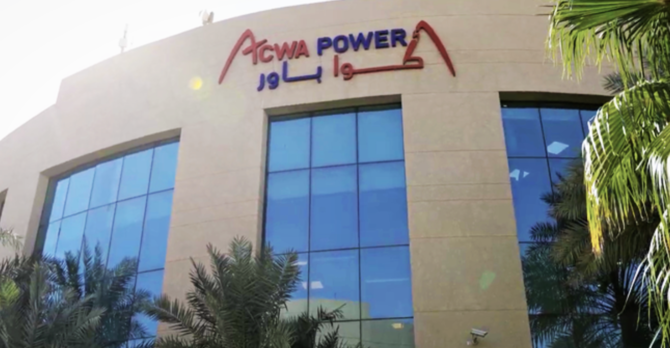
RIYADH: Saudi utility firm ACWA Power has signed a senior debt financing agreement for the Qassim 1 Combined Cycle Power Plant for SR5.69 billion ($1.51 billion).
The deal, signed through Qudra One for Electricity Co., will extend for 28 years, according to ACWA Power’s statement to Tadawul.
International and local commercial lenders, including Standard Chartered Bank, Bank of China, and Riyad Bank, as well as Saudi National Bank, Alinma Bank, Saudi Investment Bank, and Saudi Awwal Bank, financed the senior debt.
Abu Dhabi’s ADQ lists debut $2.5bn bonds on London Stock Exchange
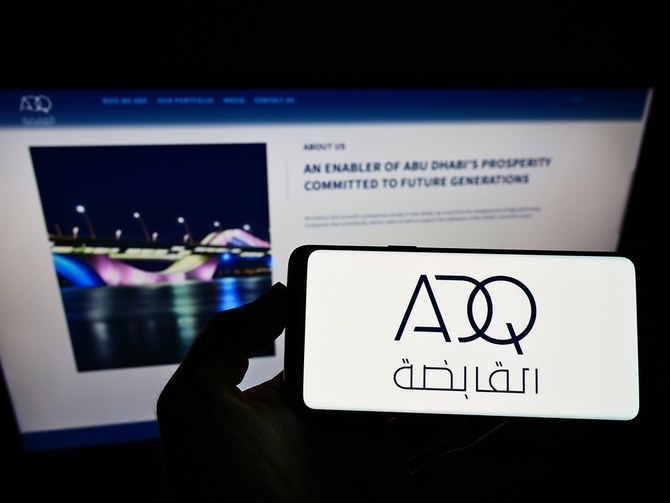
The smallest of three Abu Dhabi sovereign wealth funds ADQ has listed a dual tranche $2.5 billion bond on the London Stock Exchange, the fund said in a statement.
The fund sold a $1.25 billion five-year portion at 80 basis points over US Treasuries and another $1.25 billion 10-year tranche at 90 bps over the same benchmark, fixed income news service IFR reported.
Citigroup, Credit Agricole, First Abu Dhabi Bank, Goldman Sachs International, HSBC and Standard Chartered were joint global coordinators and active bookrunners on the bond issuance deal.
The proceeds from the debt sale, which was oversubscribed more than 4.4 times, will diversify ADQ’s funding mix, enhance financial resilience and contribute growth capital.




